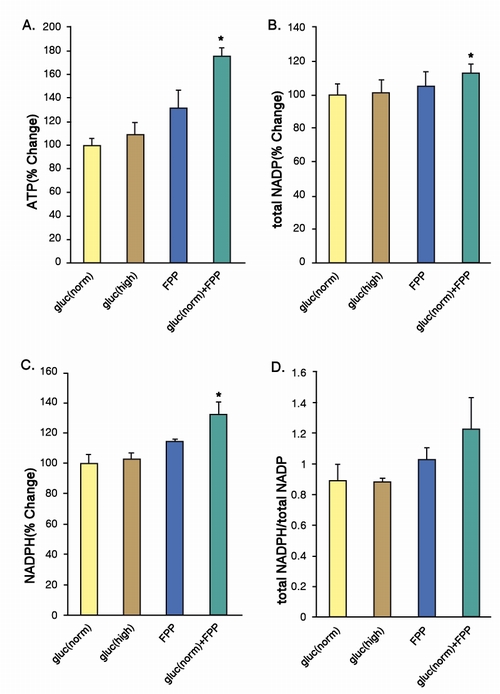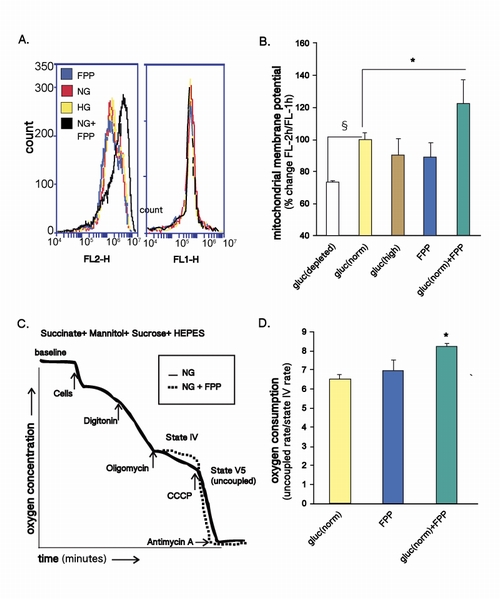Research
Does Oral Supplementation of a FPP Correct Respiratory Burst Function of Innate Immune Cells in Type 2 Diabetes Mellitus Patients?
FILE2015
Category Systemic inflammatoryType II DiabetesBasic research
Antioxid Redox Signal. 22(4):339-345.2015
FPP is a nutritional supplement reported act as an antioxidant by scavenging reactive oxygen species (ROS) and removing 'bad ROS', while inducing "respiratory burst" production of necessary 'good ROS'. We sought to investigate the safety of oral administration of FPP (9g / d, 6 weeks) to T2D patients with respect to its effect on the hyperglycemia status of these patients. Peripheral blood was collected during a baseline visit, followed by subsequent collections during and after supplementation. Induced "respiratory burst": ROS production was measured at each visit, in addition to fasting blood glucose, lipid profile, glycated hemoglobin (HbA1c), and lipid/protein peroxidation. Oral FPP supplementation induced "respiratory burst" in peripheral blood mononuclear cells while not influencing other blood parameters studied. When human monocytic THP-1 cells were supplemented with sugar-based FPP, cellular ATP and NADPH concentrations were increased, while matched glucose alone did not produce similar effects, suggesting a glucose-independent component of FPP to be responsible for increasing cellular energetics (Fig. 1). THP-1 cells supplemented with FPP also exhibited higher mitochondrial membrane potential (Δψm) and oxygen consumption as compared to cells treated with glucose alone (Fig. 2). Taken together, our observations lead to the hypothesis that FPP corrects inducible "respiratory burst" function in type 2 diabetes patients.
Fig. 1 FPP elevated intracellular ATP and NADPH levels.
Fig. 2 FPP increased mitochondrial membrane potential and O2 consumption.
List of the related papers
Year
Name of Papers
2015
2012
2012
2006
